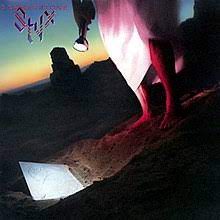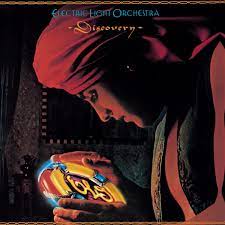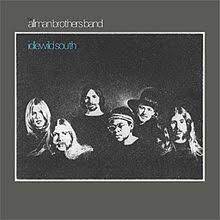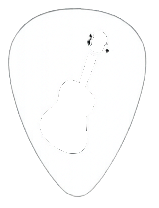70s Classic Rock Guitar Songs
Welcome to my best of 70s rock songs page featuring some rock artists I have covered on the acoustic guitar.
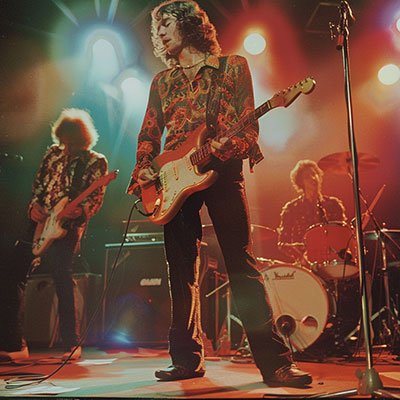
There are free demos, chord sheets and some rhythm tips here.
If you need a full lesson tutorial for any song on the site they are available for a small fee .. see pricing listed above.
🎸 Overview Video -
“Watch This Preview of My
70s Classic Rock Guitar Songs”
70s Classic Rock Guitar Song List
1. Al Stewart --- Time Passages, Year Of The Cat2. Albert Hammond --- It Never Rains In Southern California, The Free Electric Band, When I Need You
3. Alice Cooper --- I Never Cry, I'm Eighteen, No More Mr Nice Guy, You And Me
4. Bob Welch --- Sentimental Lady
5. Dave Mason --- We Just Disagree
6. Don Felder --- All Of You, Victim Of Love
7. Eddie Money --- Bring On The Rain, Save A Little Room, Shakin, Two Tickets To Paradise
8. Gary Wright --- Dream Weaver, My Love Is Alive
9. George Thorogood --- I Drink Alone, Move It On Over
10. J. Geils --- Centerfold
11. Kevin Johnson --- Bonnie Please Dont Go, Rock & Roll I Gave You All The Best Years Of My Life
12. Leo Sayer --- I Can Dance, More Thank I Can Say, You Make Me Feel Like Dancing
13. Meatloaf --- You Took The Words Right Out Of My Mouth
14. Peter Frampton --- Baby I Love Your Way, Show Me The Way
15. Ted Nugent --- Free For All
16. Todd Rundgren --- I Saw The Light
1. Al Stewart Songs - Learn To Play On Guitar
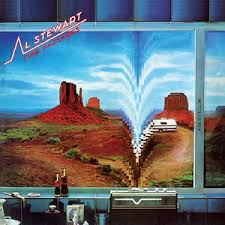
Time Passages is the title track from Al Stewart’s 1978 album. It was released as a single and became his biggest U.S. hit.
The song reached #7 on the Billboard Hot 100 and stayed at #1 on the Adult Contemporary chart for 10 weeks, which was one of the longest runs at the top that decade.
Produced by Alan Parsons, the song has a smooth, soft rock sound with a memorable saxophone part. Its lyrics look back on the past with a sense of nostalgia and longing, which helped it connect with many listeners on the radio.
Chords And Strumming
This song you can play in standard tuning with a steady down up down up rhythm pattern. No lead in here with the chords, D, A, G, Gbm, Bm, E and an A#
Guitar Lesson Details - (chords & lyrics sheet incl with lesson)
Back To Song List
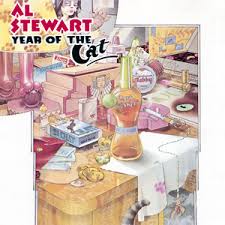
Year Of The Cat was a single from the album of the same name which was released back in 1976. It became Al Stewart’s breakthrough single in the U.S., peaking at #8 on the Billboard Hot 100.
Inspired by a trip to Morocco and a horoscope calendar, the song mixes jazz, folk, and rock with vivid storytelling. Alan Parsons also produced this track, giving it a polished, cinematic sound.
Chords And Strumming
The rhythm pattern here is down down up down up down up and repeat will work for this song however there are some areas where I'm doing some quick shuffle strumming while playing over the melody riff . You'll play this in standard tuning with some picking. The chords are Cmaj7, D, Em, Am7, D7, Gmaj7, E, Bm, B7, C, G, F, Gmaj7 and a G6.
Guitar Lesson Details - (chords & lyrics sheet incl with lesson)
Back To Song List
2. Albert Hammond Songs - Learn To Play On Guitar
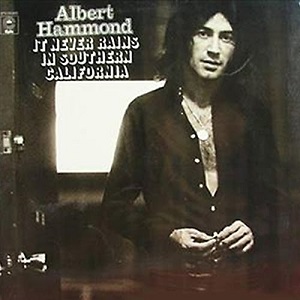
It Never Rains In Southern California came out in 1972 on Albert Hammond’s first album, also called It Never Rains in Southern California. It was a Top 5 hit in the U.S., reaching #5 on the Billboard Hot 100 and #2 on the Adult Contemporary chart.
The song tells the story of someone who goes to California chasing dreams but ends up struggling. Hammond said it was based on his own experiences trying to make it in the music business.
Even though the song mentions California, he meant it more as a symbol of any place where people go hoping to succeed. It remains his most famous song.
Chords And Strumming
This one I play with a capo 2nd fret in standard tuning while playing a root down up root up down up and repeat rhythm pattern. Some lead work is required in this one and the chords required are a G, Am, D, D7 and an Em.
Guitar Lesson Details - (chords & lyrics sheet incl with lesson)
Back To Song List
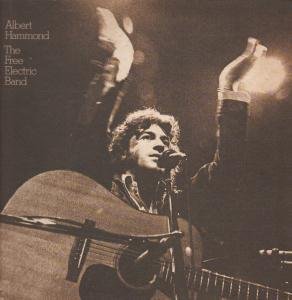
The Free Electric Band was a single from the album of the same name back in 1973 and managed to reach #48 on the US Billboard Hot 100. While it wasn’t as big in the U.S., it did well in the UK, reaching #19 on the charts.
The song tells the story of a young man choosing a free-spirited musical life instead of a strict, academic path—an anthem of rebellion and freedom.
Chords And Strumming
I play this song in standard tuning and with a few riff but no lead work. For rhythm play a down down up down up down up and repeat pattern. The chords here are a G, D, C and an F.
Guitar Lesson Details - (chords & lyrics sheet incl with lesson)
Back To Song List
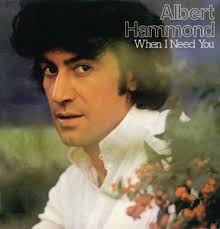
When I Need You was co-written by Albert Hammond with Carole Bayer Sager and recorded it in 1976 on the album of the same name. The following year Leo Sayer released his version and had a huge international hit with the song.
Hammond’s original version was on his When I Need You album. The song has since become a pop standard, covered by many artists over the years.
Chords And Strumming
A few chords in this one and they include a G, G/F, CE, Cm, Em, D, C, D/Gb, Adim, Am7 and a D7. Some lead work required while playing in standard tuning and a capo 3rd fret. For rhythm play a down down up down up and repeat pattern.
Guitar Lesson Details - (chords & lyrics sheet incl with lesson)
Back To Song List
3. Alice Cooper Songs - Learn To Play On Guitar
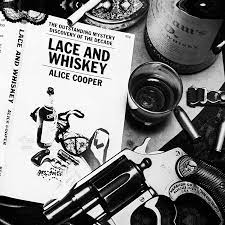
I Never Cry is a ballad recorded by American singer Alice Cooper. It was released as a single from his album "Lace and Whiskey" in 1977. The song was written by Cooper and Dick Wagner, who also played the guitar solo.
The song became a hit for Cooper, reaching #12 on the Billboard Hot 100 chart and becoming one of his most popular and enduring songs. It has been covered by various artists, including Dwight Yoakam and Joan Jett.
Chords And Strumming
Played in standard tuning use a down down down down up and repeat rhythm pattern, but when you you reach the chorus you can do a bit of shuffle strumming. This one is in standard tuning with the chords C, C7, F, Fm, D7, Am, Dm, G7, Em, Gsus and G. There is a bit of lead with some rhythm playing over a short riff.
Guitar Lesson Details - (chords & lyrics sheet incl with lesson)
Back To Song List
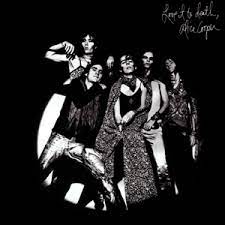
I'm Eighteen is a song recorded by Alice Cooper that was released as a single from the band's third studio album "Love It to Death" in 1971. The song was written by Cooper, guitarist Glen Buxton, and producer Bob Ezrin.
"I'm Eighteen" is a classic rock anthem that captures the angst and confusion of adolescence. The song's lyrics describe a young man who is struggling to find his place in the world and is tired of being treated like a child. The song's driving guitar riff and catchy chorus helped make it a hit for Cooper, reaching #21 on the Billboard Hot 100 chart.
"I'm Eighteen" has since become one of Alice Cooper's signature songs and is widely regarded as a classic rock staple. The song has been covered by numerous artists, including Guns N' Roses, Foo Fighters, and Red Hot Chili Peppers.
Chords And Strumming
Another one in standard tuning with the chords Em, C, D, Am and Bm but no lead work. You can use a shuffle strum for most of this song and down strokes as you blend the riff into the rhythm.
Guitar Lesson Details - (chords & lyrics sheet incl with lesson)
Back To Song List
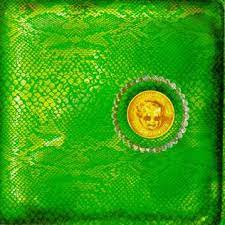
No More Mr. Nice Guy was recorded by Alice Cooper that was released as a single from the band's album "Billion Dollar Babies" in 1973. The song was written by Cooper and guitarist Michael Bruce.
The song's lyrics describe a man who is tired of being pushed around and taken advantage of, and decides to take a stand and stop being a "nice guy." The song's catchy chorus and memorable guitar riff helped make it a hit for Cooper, reaching #25 on the Billboard Hot 100 chart.
"No More Mr. Nice Guy" has since become a classic rock anthem and one of Alice Cooper's most popular songs. The song has been covered by various artists, including Megadeth and Slash featuring Roger Daltrey.
The song's title has also become a widely recognized phrase in popular culture and is often used to describe someone who is no longer willing to be a pushover or doormat.
Chords And Strumming
I play this one with a capo 2nd fret using a down down up down up down up and repeat rhythm pattern and all down-strokes in the last verse. Just a few riffs in this one with the chords Am, D, G, Bm, F, C and Em.
Guitar Lesson Details - (chords & lyrics sheet incl with lesson)
Back To Song List
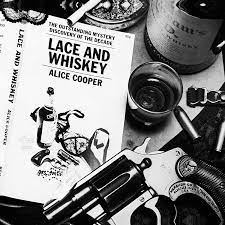
You and Me is a wonderful ballad recorded by Alice Cooper that was released as a single from the album "Lace and Whiskey" in 1977. The song was written by Cooper and guitarist Dick Wagner.
"You and Me" was a hit for Cooper, reaching #9 on the Billboard Hot 100 chart and becoming one of his most popular songs. The song has been covered by various artists, including the band Lifehouse.
Chords And Strumming
For rhythm play a down down up down up down up and repeat pattern in standard tuning with some lead work required. The chords here are Dm, G, C, G6, E7, A7, F, Bm, A, E, A/Ab, Gbm and Am/G.
Guitar Lesson Details - (chords & lyrics sheet incl with lesson)
Back To Song List
4. Bob Welch Songs - Learn To Play On Guitar
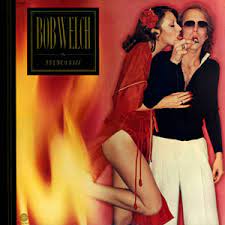
Sentimental Lady is a popular song written by Bob Welch. He first recorded it with Fleetwood Mac for their 1972 album "Bare Trees." Welch sang lead vocals, and the song had a mellow rock sound.
After leaving Fleetwood Mac, Welch re-recorded "Sentimental Lady" for his 1977 solo album "French Kiss." This version was smoother and more polished. It became a big hit, reaching No. 8 on the Billboard Hot 100.
The song is known for its gentle acoustic guitar intro, catchy chorus, and Welch's soothing voice. The lyrics reflect nostalgia and longing for a past relationship, capturing a sense of sentimental reflection.
"Sentimental Lady" is one of Bob Welch's most famous songs, loved for its relatable theme and melodic charm.
Chords And Strumming
Play with a capo 2nd fret using the chords Gbm, Em, Dmaj7, G, A, Bm and D, I play this one in standard tuning. Use a down down up down down up and repeat rhythm pattern and be prepared for some lead work
Guitar Lesson Details - (chords & lyrics sheet incl with lesson)
Back To Song List
5. Dave Mason Songs - Learn To Play On Guitar
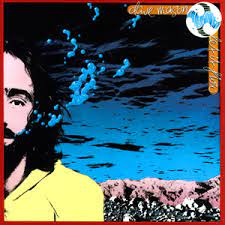
We Just Disagree is a popular song by Dave Mason from his 1977 album "Let It Flow.
The song was released as a single from Dave Mason's fifth solo album, "Let It Flow," in 1977. The song became one of his most successful and enduring hits. "We Just Disagree" was written by Dave Mason himself. The song's lyrics explore themes of relationship discord and the realization that sometimes people simply have different perspectives or opinions.
"We Just Disagree" achieved commercial success, reaching No. 12 on the Billboard Hot 100 chart in the United States. Its popularity on radio and its relatable theme contributed to its chart position.
Chords And Strumming
No lead in this one played in standard tuning with a steady down up down up shuffle with fast changing chords, which , A, B and a Dbm.
Guitar Lesson Details - (chords & lyrics sheet incl with lesson)
Back To Song List
6. Don Felder Songs - Learn To Play On Guitar
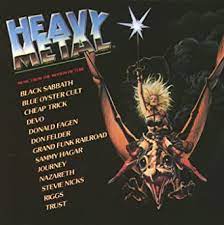
All Of You is actually part of the soundtrack from the 1981 movie "Heavy Metal".
To my knowledge the song was never released as a single.
This one I play in standard tuning with some lead. For rhythm play a down down up down up down up and repeat pattern. Some down strokes will also come in handy and a down up down up pattern with a few riffs blended in. For chords you'll need an Em, A and a G.
Chords And Strumming
I play this number in standard tuning with the four chords Em, A, G and a D/A with a few riffs and a little bit of lead. Two rhythm patterns here playing a down up down up down up and repeat and down strokes.
Guitar Lesson Details - (chords & lyrics sheet incl with lesson)
Back To Song List
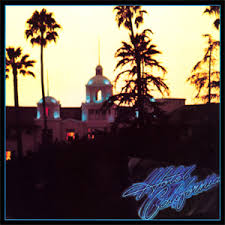
Victim Of Love is a rock track from the Eagles’ legendary 1976 album Hotel California. Don Felder helped write the song and recorded the original lead vocals.
However, the band decided to use Don Henley’s voice on the final version without telling Felder, which caused some behind-the-scenes tension.
Although it wasn’t released as a single, the song stands out for its gritty guitar riffs and darker tone, showing the heavier side of the Eagles' sound. Fans still see it as one of the album’s most powerful deep cuts.
Chords And Strumming
Soon.
Guitar Lesson Details - (chords & lyrics sheet incl with lesson)
Back To Song List
7. Eddie Money Songs - Learn To Play On Guitar
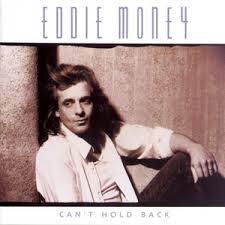
Bring On The Rain comes from Eddie Money’s 1980 album Playing for Keeps. This song wasn’t released as a single, but it’s known among fans for its emotional lyrics and slower, heartfelt sound.
The track shows Eddie’s softer side, dealing with love and personal struggle in a reflective way.
Chords And Strumming
Soon.
Guitar Lesson Details - (chords & lyrics sheet incl with lesson)
Back To Song List
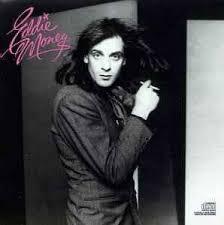
Save A Little Room is also from Playing for Keeps (1980). “Save a Little Room in Your Heart for Me” wasn’t a major single, but it’s a soulful ballad that shows off Eddie’s emotional voice.
It’s a deeper album cut that some longtime fans really appreciate for its warmth and sincerity.
Chords And Strumming
Soon.
Guitar Lesson Details - (chords & lyrics sheet incl with lesson)
Back To Song List
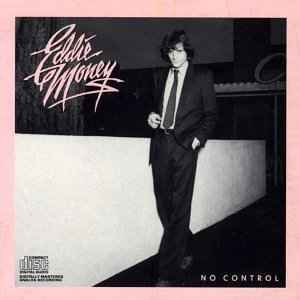
Shakin is one of Eddie Money’s most fun and recognizable hits.
It was released in 1982 on the album No Control and became a hit single, reaching #63 on the Billboard Hot 100 and getting lots of radio play.
The song’s catchy beat and edgy lyrics made it a rock radio favorite, especially with its playful and somewhat wild music video featuring actress Patricia Kotero, who would later go by"Apollonia" in Purple Rain.
Chords And Strumming
Soon.
Guitar Lesson Details - (chords & lyrics sheet incl with lesson)
Back To Song List
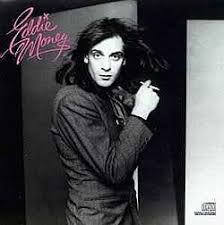
Two Tickets To Paradise comes from his 1977 self-titled debut album Eddie Money “Two Tickets to Paradise” became one of his signature songs and hit #22 on the Billboard Hot 100.
With its catchy melody and romantic lyrics about escaping with someone special, the song became a rock anthem and is still a fan favorite today.
Chords And Strumming
Soon.
Guitar Lesson Details - (chords & lyrics sheet incl with lesson)
Back To Song List
8. Gary Wright Songs - Learn To Play On Guitar
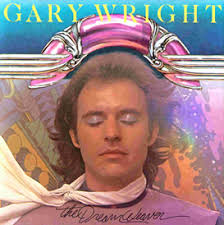
Dream Weaver is Gary Wright’s biggest hit, released in 1975 on his album The Dream Weaver.
It climbed all the way to #2 on the Billboard Hot 100 in 1976. The song stands out for its dreamy, spacey sound — one of the first major hits to use all-synthesizer instruments.
The idea behind the lyrics came from a book by Indian spiritual teacher Paramahansa Yogananda.
Over the years, “Dream Weaver” has been featured in movies like Wayne’s World and The People vs. Larry Flynt, helping it stay popular with new generations.
Chords And Strumming
Soon.
Guitar Lesson Details - (chords & lyrics sheet incl with lesson)
Back To Song List
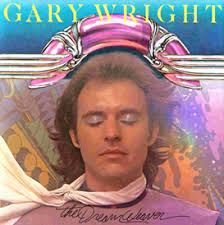
My Love Is Alive is also from the album The Dream Weaver released in 1976. It became another big hit, reaching #2 on the Billboard Hot 100.
Unlike the softer feel of “Dream Weaver,” this track has a funky, upbeat rhythm with strong keyboard work and a catchy groove.
It helped Gary Wright show that synth-based rock could still have a strong, danceable edge. It remains one of his most recognizable tracks from the 70s.
Chords And Strumming
Soon.
Guitar Lesson Details - (chords & lyrics sheet incl with lesson)
Back To Song List
9. George Thorogood Songs - Learn To Play On Guitar
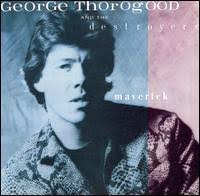
I Drink Alone was released in 1985 on the album Maverick by George Thorogood and the Destroyers.
While it wasn't a major Billboard chart hit, it became one of Thorogood’s most recognized songs thanks to its bold lyrics and blues-rock energy.
The song is a tongue-in-cheek anthem about a man who prefers drinking solo — with only “his buddies” Jack Daniel’s, Jim Beam, and Johnnie Walker.
Its gritty guitar riffs and rebellious tone made it a favorite on rock radio and at live shows, helping build Thorogood’s image as a hard-edged, working-class rocker.
Chords And Strumming
Soon.
Guitar Lesson Details - (chords & lyrics sheet incl with lesson)
Back To Song List
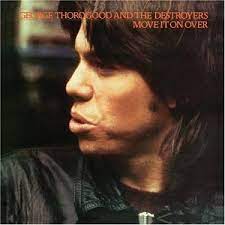
Move It On Over of course is an old Hank Williams country number from 1947. But in 1978, George Thorogood decided he wanted to do a bluesy version of the song for his 1978 album of the same name.
Although the song never charted on the US Main Rock charts, FM radio DJ's played this song relentlessly and for good reason.
Chords And Strumming
Soon.
Guitar Lesson Details - (chords & lyrics sheet incl with lesson)
Back To Song List
10. J Geils Songs - Learn To Play On Guitar
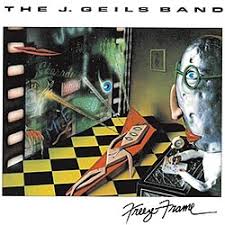
Centerfold hails from the 1981 album Freeze-Frame by The J. Geils Band.
It became their biggest hit, reaching #1 on the Billboard Hot 100 and staying there for six weeks in early 1982.
The song tells the story of a man who’s shocked to find that his high school crush is now posing in an adult magazine. With its catchy keyboard riff, hand claps, and upbeat rhythm, "Centerfold" became a huge radio hit and MTV favorite.
It helped push the Freeze-Frame album to the top of the charts and turned the band into major 80s rock stars.
Chords And Strumming
Soon.
Guitar Lesson Details - (chords & lyrics sheet incl with lesson)
Back To Song List
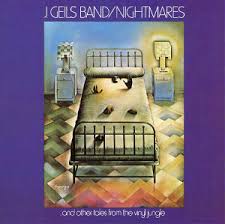
Must Of Got Lost waseleased in 1974 and A.K.A. “Musta Got Lost” appeared on the J. Geils Band’s album Nightmares...and Other Tales from the Vinyl Jungle.
It came out as a single and became the band’s first Top 40 hit, reaching #12 on the Billboard Hot 100. The track mixes rock and soul, with high energy and catchy guitar riffs.
A live version—featuring a funny, off-the-cuff spoken intro by lead singer Peter Wolf—became very popular on FM radio.
That version helped build the band’s reputation as a must-see live act. This song marked a turning point, setting the stage for the bigger hits that followed in the '80s.
Chords And Strumming
Soon.
Guitar Lesson Details - (chords & lyrics sheet incl with lesson)
Back To Song List
11. Kevin Johnson Songs - Learn To Play On Guitar
Bonnie Please Dont Go ... info soon.
Rock And Roll I Gave You The Rest Of My Life ... info soon.
Back To Song List
12. Leo Sayer Songs - Learn To Play On Guitar
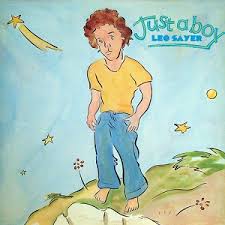
I Can Dance is a track on the album Just A Boy. No much info available for this song.
Chords And Strumming
Soon.
Guitar Lesson Details - (chords & lyrics sheet incl with lesson)
Back To Song List
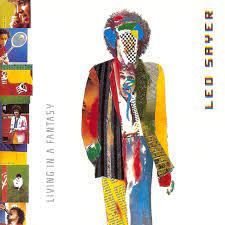
More Than I Can I Say was written by two members of the Crickets in early 1960. Bobby Vee recorded the song and then Leo Sayer was looking for a song to finish his 1980 album Living in a Fantasy.
It was released as a single and became a huge hit, reaching #2 on the Billboard Hot 100 and #2 on the UK Singles Chart. It stayed at #2 in the U.S. for five straight weeks, only kept from the top spot by John Lennon’s “(Just Like) Starting Over.”
The song is known for its smooth, emotional vocals and catchy chorus, making it one of Sayer’s most memorable ballads. He later said he recorded it on a whim, but it turned out to be one of his biggest successes.
Chords And Strumming
Soon.
Guitar Lesson Details - (chords & lyrics sheet incl with lesson)
Back To Song List
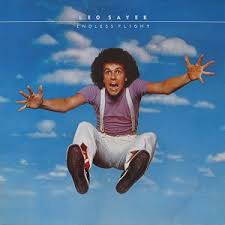
You Make Me Feel Like Dancing is a fun, feel-good track came out in 1976 on Leo Sayer’s album Endless Flight.
It was released as a single and became a big hit, reaching #1 on the Billboard Hot 100 in the U.S. and #2 in Canada.
The song blends disco and pop, with Leo’s high falsetto voice and a bouncy rhythm that makes you want to move. It won a Grammy Award for Best R&B Song, which surprised many because Leo Sayer wasn’t known as an R&B artist.
“You Make Me Feel Like Dancing” helped make Endless Flight one of his most successful albums.
Chords And Strumming
Soon.
Guitar Lesson Details - (chords & lyrics sheet incl with lesson)
Back To Song List
13. Meatloaf Songs - Learn To Play On Guitar
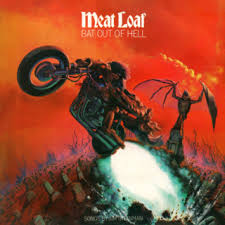
You Took The Words Right Out Of My Mouth (Hot Summer Night)" was released by Meat Loaf in 1977 as the lead single from his iconic album Bat Out of Hell.
The track was written by Jim Steinman, known for his theatrical and dramatic songwriting style. The song begins with a spoken word intro between a man and a woman, setting the mood for the emotional rock ballad that follows.
It was a single and did well on the charts, reaching #39 on the U.S. Billboard Hot 100 and a higher #33 in the UK, eventually becoming a fan favorite. Its mix of romantic lyrics, powerful vocals, and big production helped define the sound of the entire album.
The song helped launch Meat Loaf into stardom, and it's still one of his most well-loved tracks.
Chords And Strumming
Soon.
Guitar Lesson Details - (chords & lyrics sheet incl with lesson)
Back To Song List
14. Peter Frampton Songs - Learn To Play On Guitar
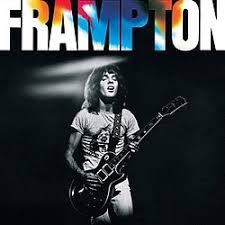
Baby I Love Your Way ... info soon.
Back To Song List
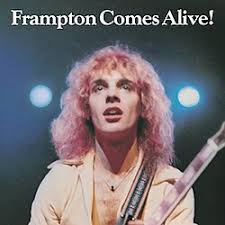
Show Me The Way is one of Peter Frampton’s biggest hits, originally recorded for his 1975 album Frampton, but it became a huge success after the live version was released on his famous Frampton Comes Alive! album in 1976.
The live single climbed all the way to #6 on the U.S. Billboard Hot 100, and it helped turn Frampton into a household name.
One thing that made the song stand out was his use of the talk box — a special guitar effect that made his instrument sound like it was "talking." This unique sound became one of his trademarks.
"Show Me the Way" is known for its catchy chorus and emotional energy, and it's still considered one of the best live rock songs of the 1970s.
Chords And Strumming
Soon.
Guitar Lesson Details - (chords & lyrics sheet incl with lesson)
Back To Song List
15. Ted Nugent Songs - Learn To Play On Guitar
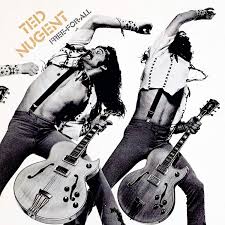
Free For All is the title track from Ted Nugent’s second solo album, released in 1976. The song was also released as a single and became one of his most well-known hits, reaching #24 on the Billboard Hot 100 in the U.S.
It features Meat Loaf on lead vocals — before he became famous with his own career — because Nugent’s usual singer, Derek St. Holmes, briefly left during the album’s recording. With its fast guitar riffs, wild energy, and rebellious lyrics, “Free for All” helped define Nugent’s loud, hard-rock style and became a concert favorite.
The album itself went platinum, and this track played a big part in that success.
Chords And Strumming
Soon.
Guitar Lesson Details - (chords & lyrics sheet incl with lesson)
Back To Song List
16. Todd Rundgren Songs - Learn To Play On Guitar
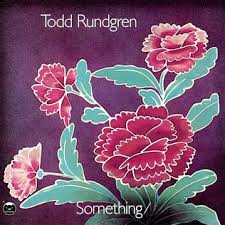
I Saw The Light is one of Todd Rundgren’s most famous songs. It’s the opening track on his 1972 album Something/Anything?, which he wrote, performed, and produced mostly by himself.
The song was released as a single and became a big hit, reaching #16 on the Billboard Hot 100 in the U.S. and also charting in Canada and Australia. Rundgren has said he wrote it in about 20 minutes, using simple chords and melody to try and create a hit song — and it worked.
With its soft rock sound, catchy tune, and smooth vocals, “I Saw the Light” remains a classic from the early ’70s.
Chords And Strumming
Soon.
Guitar Lesson Details - (chords & lyrics sheet incl with lesson)
Back To Song List
That you for stopping by this best of 70s rock songs page and I hope the info here was helpful.
If you liked this 70s classic rock guitar songs page you might also like ... (click images)
Classic Rock Artists
